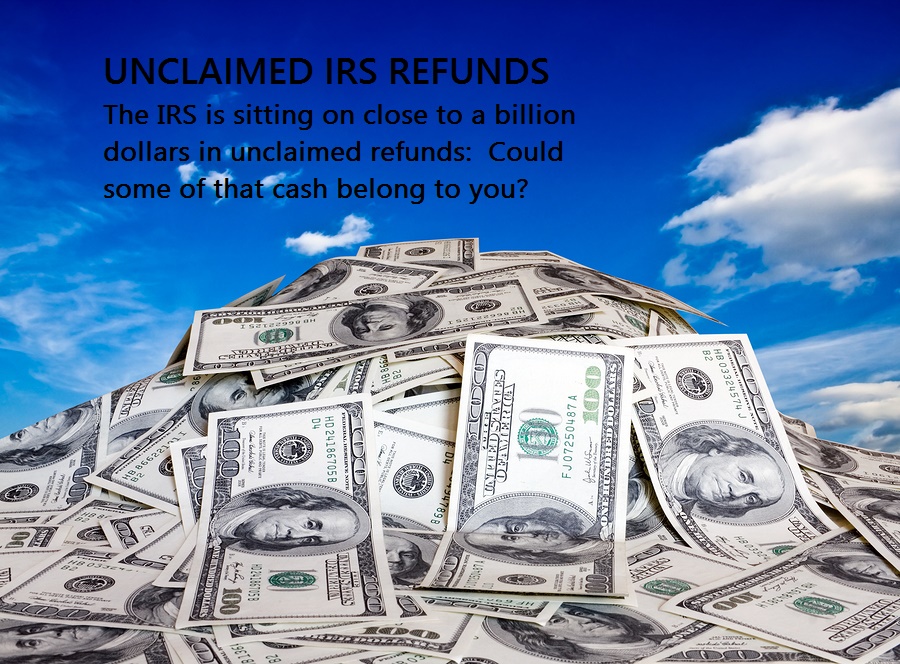If you normally use your income tax refund to pay for your Christmas presents, listen up. You’ve got a problem.
First, nobody is doing Christmas loans. Remember when H&R Block and Jackson Hewitt used to provide loans against your refund? Then the IRS changed the “debt indicator” which made it almost impossible for anyone to offer those loans. A few companies provided Refund Anticipation Loans, (the loans where you got your refund in 1 or 2 days instead of two weeks) but they were few and far between. Most people had to wait for two to three weeks to get their refund.
Now the IRS has announced that tax filing will be delayed—meaning that instead of accepting tax returns on January 21st like they had previously announced—they won’t accept returns until January 28th, and maybe not until February 4th.
What does this have to do with Christmas? Well, if you’re putting holiday gifts on your credit card in the hopes of paying it off with your tax refund—you’re not getting your refund until mid to late February at the earliest. If you can’t afford to pay your credit cards without your tax refund—you’ve got a problem.
So what other options do you have? For some people, if you know that you’re going to have a refund on your taxes, you can change your withholding now so that you get more money in your paycheck. If you’re reading this in October or early November, you’ve got a chance to put away some extra cash for presents. If it’s already December by the time you see this—it’s probably too late.
Here’s something else you need to know. If you have your taxes done by one of those corner shop tax companies, they will gladly take your money and tell you that they’re filing your return. You might think that you’re filing on January 3 or 4th, but you’re not. What they’re doing is “stockpiling” your return. They hit a button, it gets sent to a big corporate server, but it just sits there until the IRS says they’re accepting returns.
Why is that important to know? Because people think that they need to file early to get their refunds. But those early returns are often wrong. They’re missing information, or the software’s not fully functional yet. The IRS needs time to work out the glitches and if the IRS is having glitches, so are all the other tax companies. If you have the big green tax company send your tax return to their server and then you discover a problem with it, you can’t take your tax return back. It’s too late. And if your tax return is sent in with a mistake it could delay your refund for weeks, or even months.
There aren’t a lot of options out there for using your upcoming tax refund to pay for this year’s holiday gifts. But you know what? Christmas comes every year. Every year! Once you do receive your refund, it might be the only time in the whole year that you’ve got extra cash. Take some of your refund money and stick it in the bank so you’ve got cash to pay for your 2014 Christmas. Seriously, you never want to be dependent upon the IRS for you to have a Merry Christmas.



